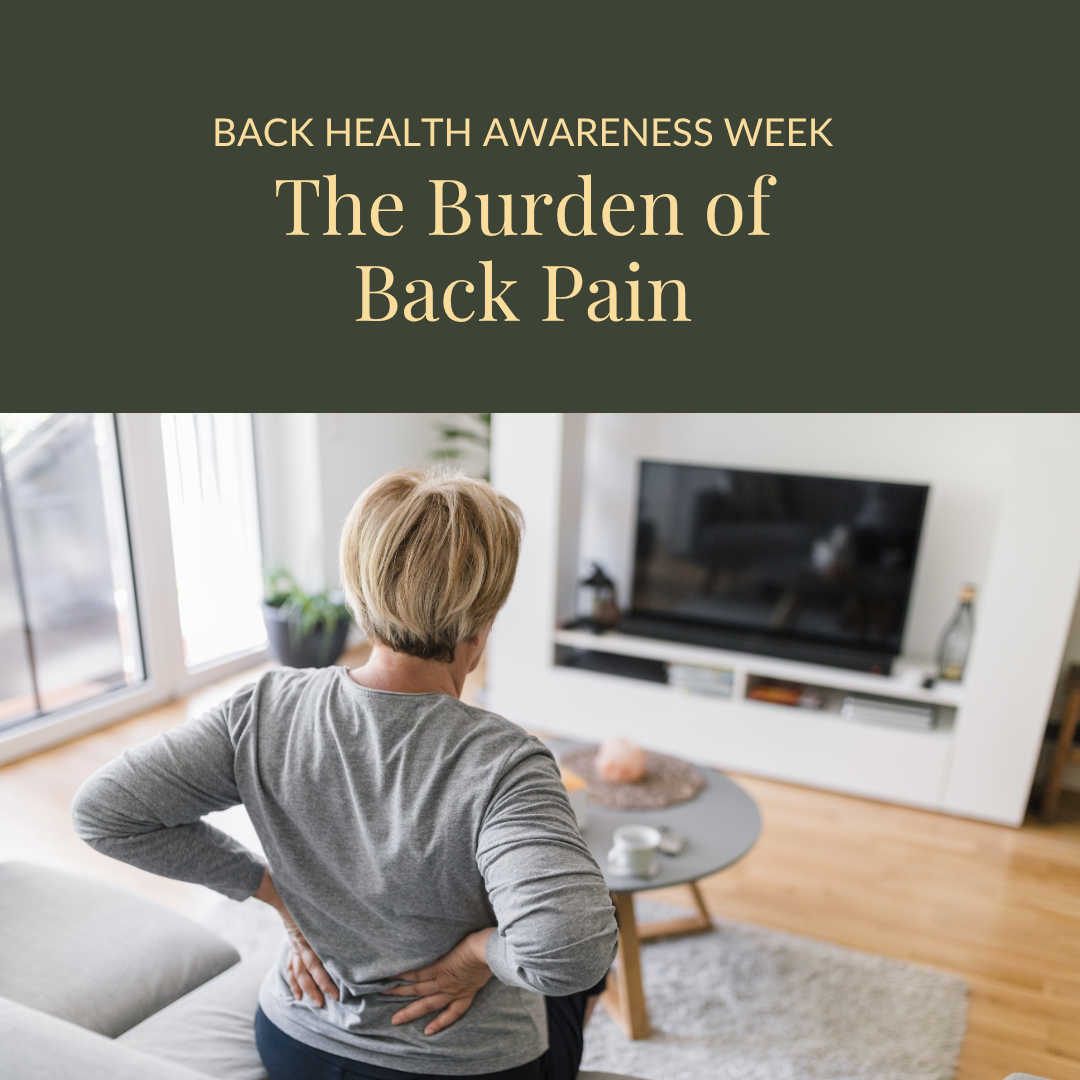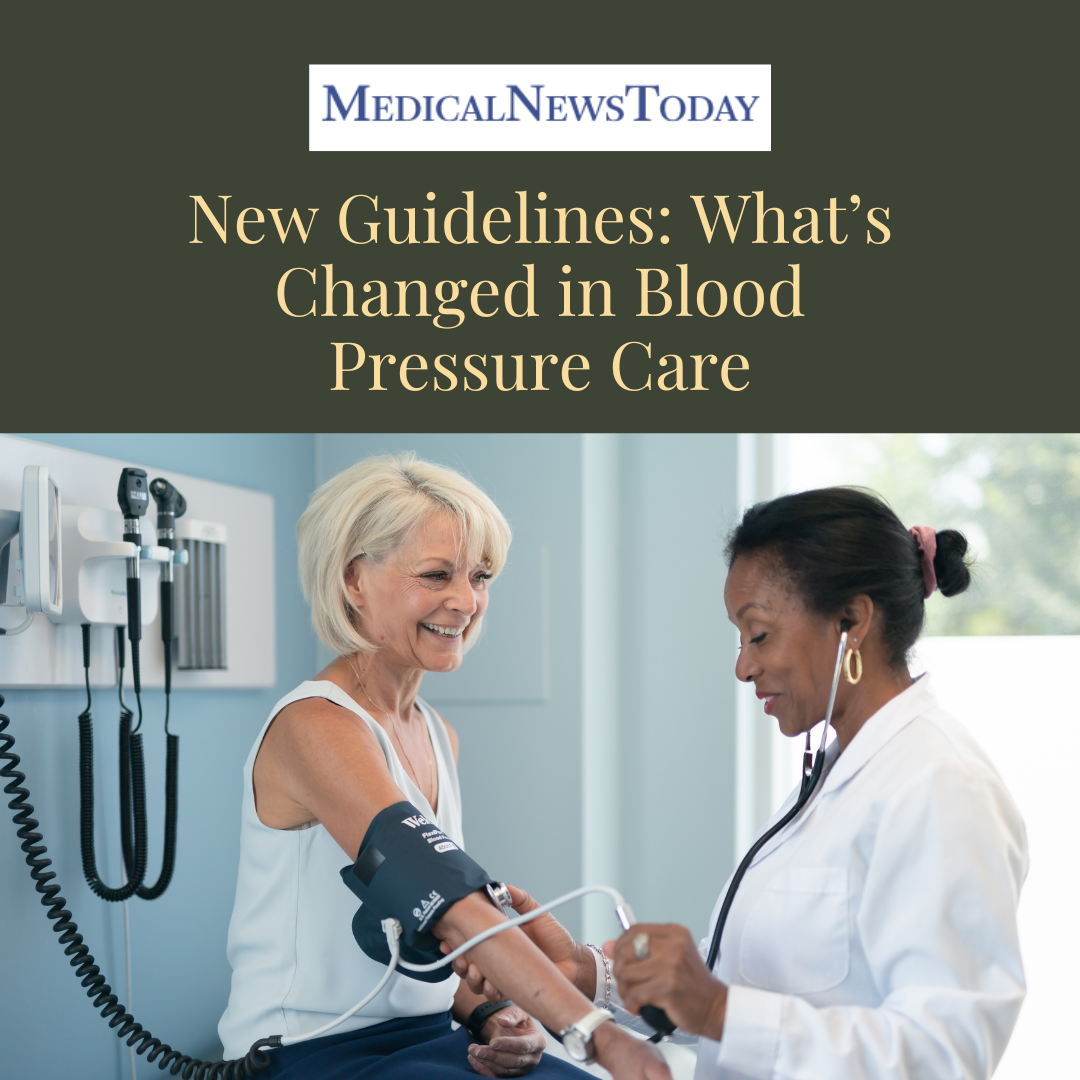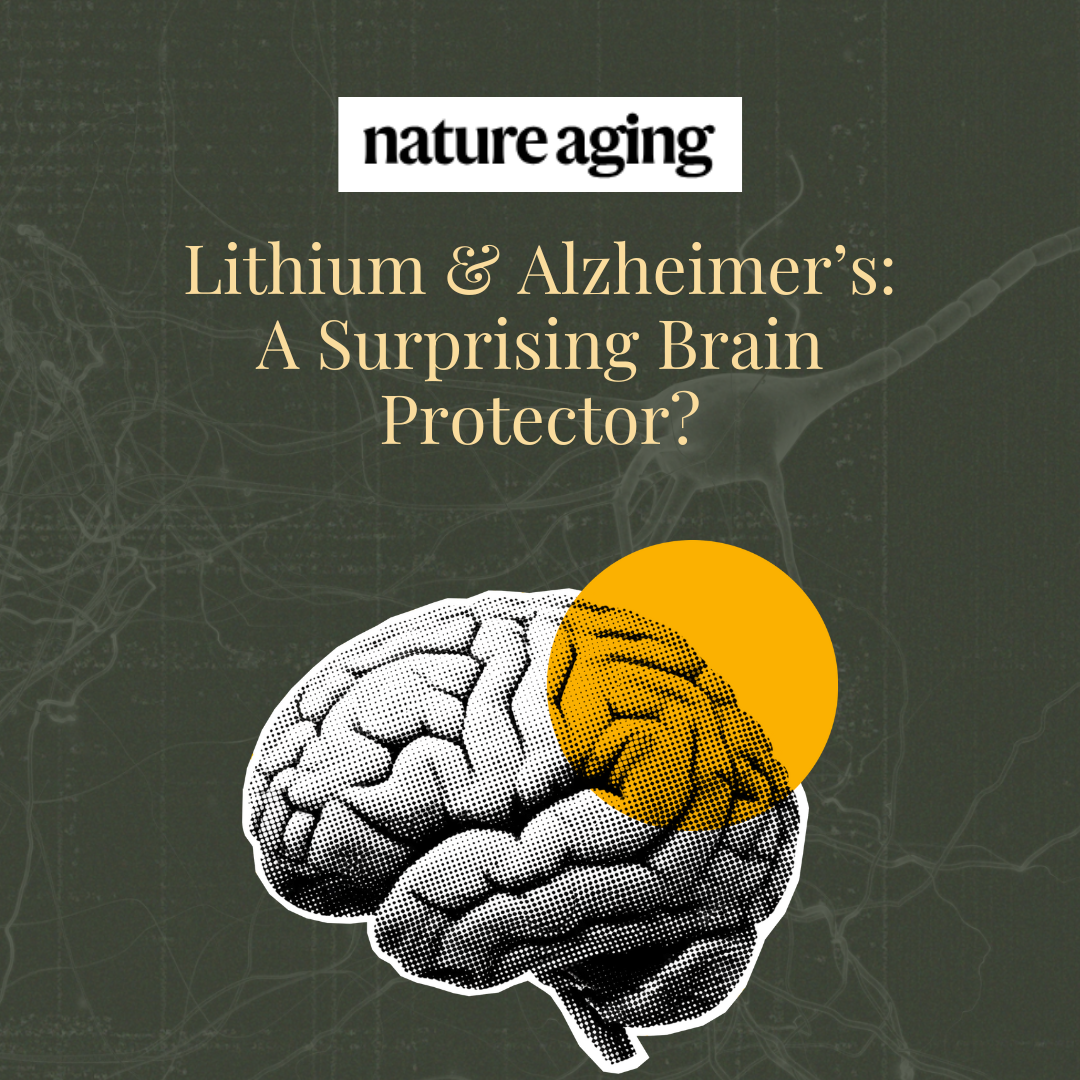
LATEST STUDIES IN LONGEVITY
New research challenges the idea that brain decline is universal with ageing.
High-resolution MRI scans of adults aged 21–80 found that while many cortical layers thin with age, some layers of the primary somatosensory cortex actually thicken in older adults. These layers process touch and coordination, suggesting that frequently used circuits remain strong or even strengthen with age.
Other key findings:
Lower layers thin but show adaptive changes, like increased myelin content.
Evidence supports ongoing neuroplasticity well into older adulthood.
The results highlight the role of sensory engagement and “use it or lose it” principles in brain resilience.
Why it matters: This reframes aging not just as decline, but as a process of adaptation - with potential strategies to leverage plasticity through sensory, motor, and environmental stimulation.
Follow the link to see what scientists found and how you can keep your brain resilient.
-

Every November, the humble moustache takes on a mighty mission: to spark conversations, raise funds, and break the stigma around men’s health.
Prostate cancer is the most common cancer in men in the UK, with 1 in 8 men diagnosed in their lifetime. Globally, 60 men are lost to suicide every hour.
Early detection, open conversations, and support can change those numbers.
-

June 2, 2025
A new study shows smoking speeds up the hallmarks of ageing - inflammation, DNA changes, and tissue damage - across multiple organs and systems. It’s not just your lungs at risk, but your whole body.
-

September 15, 2025
World Mental Health Day reminds us diet affects both physical and mental health. A study of 3,000+ adults aged 50+ linked dietary patterns to happiness, life satisfaction, and sense of purpose. -

May 20, 2025
Negativity bias, focusing on bad experiences, affects more than mood. A study of anxious patients linked stronger negativity bias to reduced brain activity for memory/attention, increased activity in stress areas, and higher anxiety/depression. It reflects brain changes accelerating cognitive decline. -

January 23, 2025
Low back pain is a leading cause of disability globally. In 2021, over 271 million adults aged 55+ were affected. Rates have declined since 1990, but numbers are rising due to population growth and ageing.
-

August 20, 2025
The American Heart Association (AHA) has released its updated 2025 hypertension guidelines - the first major revision since 2017.
-

August 21, 2025
Alzheimer’s disease disproportionately affects women, often attributed to longer life expectancy. However, a recent lipidomics study suggests there may be additional biological factors at play. Researchers analysed plasma samples from 841 individuals (306 with Alzheimer’s, 165 with mild cognitive impairment, and 370 cognitively healthy controls). Using profiling of 268 distinct lipid species, they investigated associations between lipid metabolism and Alzheimer’s, stratified by sex.
-

August 6, 2025
A new Harvard study published in Nature suggests lithium may be more important than we thought: low levels in the brain could be an early sign of Alzheimer’s, and in mice, restoring lithium slowed damage and boosted memory.
-

July 28, 2025
A new 15-year longitudinal study of 2,473 older adults in Sweden highlights the critical role of diet in shaping multi-morbidity - the accumulation of multiple chronic diseases with age.


